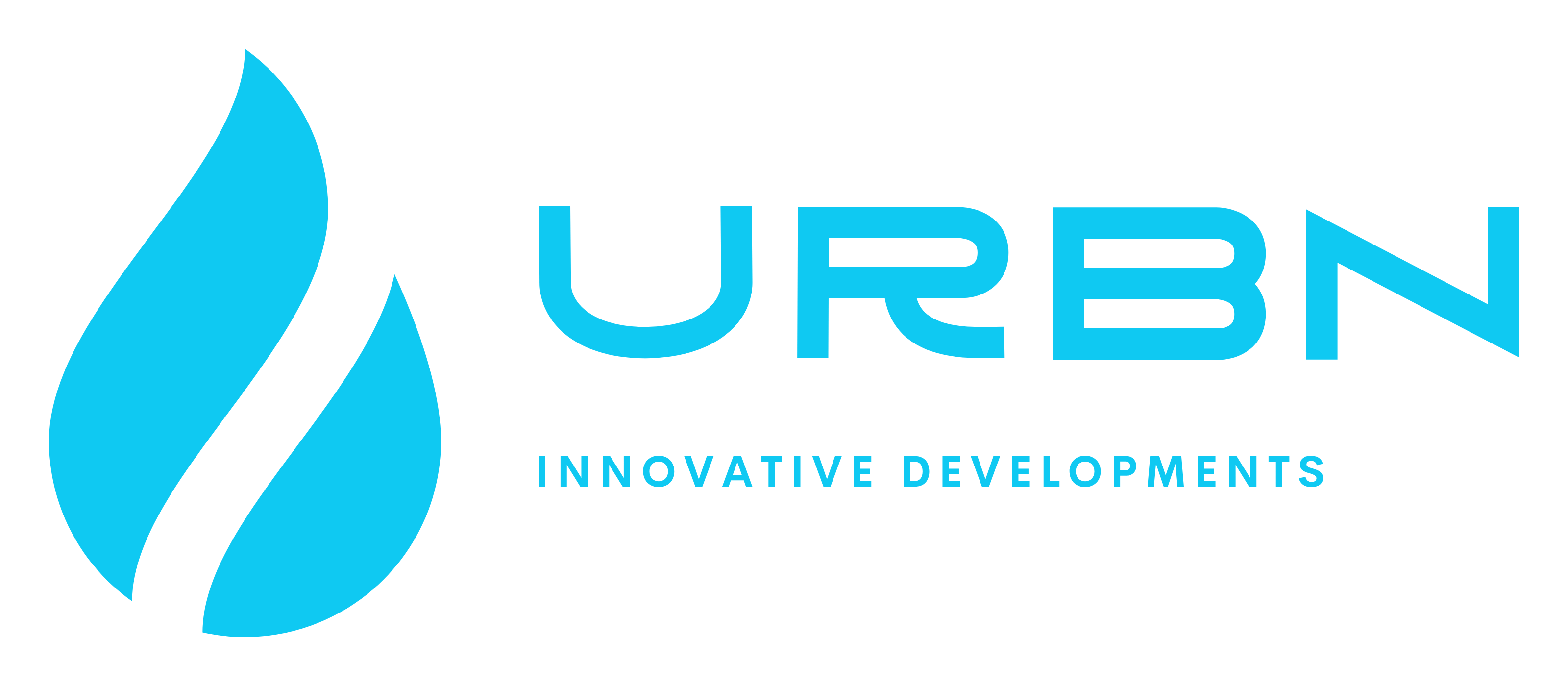The Future of Technology
Navigating Innovation in a Rapidly Changing World

In today’s fast-paced world, technology is not just a tool; it’s the backbone of how we work, live, and connect. From artificial intelligence (AI) and the Internet of Things (IoT) to blockchain and renewable energy solutions, the advancements in technology are reshaping industries and empowering individuals. But what does the future hold, and how can we adapt to the constant wave of innovation?
The Rise of AI and Machine Learning
Artificial Intelligence has grown from being a niche academic subject to a transformative force. AI is now embedded in everyday tools, from voice assistants like Siri and Alexa to predictive algorithms that recommend the next show you should binge-watch. Businesses are leveraging machine learning to predict market trends, enhance customer service, and optimize operational efficiency.
In the future, AI's role will expand into areas like healthcare, where it can analyze medical data to predict diseases, or education, where personalized learning experiences can revolutionize how knowledge is imparted. However, with great power comes great responsibility—questions around AI ethics, data privacy, and job displacement must be addressed to ensure a balanced progression.
IoT: Connecting the World Around Us
The Internet of Things is making the world more connected than ever. Smart homes equipped with IoT devices can now control lighting, security, and even grocery shopping with a single command. In industries, IoT-enabled machines improve productivity by predicting failures and enabling real-time monitoring.
As 5G networks continue to roll out, IoT's potential will grow exponentially. Imagine smart cities where traffic is autonomously managed to reduce congestion and pollution, or agricultural systems that use IoT to optimize water and fertilizer use. While the possibilities are exciting, the challenge lies in securing these interconnected systems from cyber threats.
Blockchain Beyond Cryptocurrency
Blockchain, the technology behind cryptocurrencies like Bitcoin, is proving to be more than just a financial tool. Its decentralized and transparent nature makes it ideal for applications like supply chain management, voting systems, and intellectual property protection.
The future of blockchain lies in its ability to foster trust in a digital world. As more industries adopt blockchain, it could redefine how contracts are made and data is shared, eliminating intermediaries and ensuring fairness. However, scalability and energy consumption remain hurdles that need innovation to overcome.
Renewable Tech: A Sustainable Tomorrow
Technology is playing a critical role in tackling one of humanity’s biggest challenges: climate change. Renewable energy solutions, such as solar panels, wind turbines, and advanced battery storage, are becoming more efficient and accessible. Smart grids powered by AI and IoT enable better energy distribution, reducing waste and increasing reliability.
The rise of electric vehicles (EVs) and advancements in hydrogen fuel cells indicate a greener future for transportation. Companies like Tesla, Rivian, and BYD are not just making EVs mainstream but also pushing the envelope on sustainable energy ecosystems.
Adapting to a Tech-Driven Future
As technology evolves, so must our ability to adapt. Lifelong learning will be essential to keep up with the rapid pace of change. Whether it’s mastering a new programming language, understanding data analytics, or exploring the basics of AI, individuals and organizations must commit to continuous growth.
Moreover, fostering digital literacy is key to ensuring that technology benefits everyone. Access to tools, skills, and infrastructure should be inclusive to bridge the digital divide and create equal opportunities worldwide.
Conclusion
The future of technology is both exciting and unpredictable. It promises innovation that could solve humanity's biggest challenges while presenting ethical and practical questions we must address. By staying informed, adaptable, and responsible, we can harness the potential of technology to create a better, more connected, and sustainable world.
As we stand on the brink of this transformative era, one thing is clear: the future is not just something to observe but to actively shape. Are we ready? Only time will tell.
